Spain’s Prime Minister has defended the country’s Eurovision entry, “Zorra” by Nebulossa, against accusations of being “anti-feminist” by some campaigners.
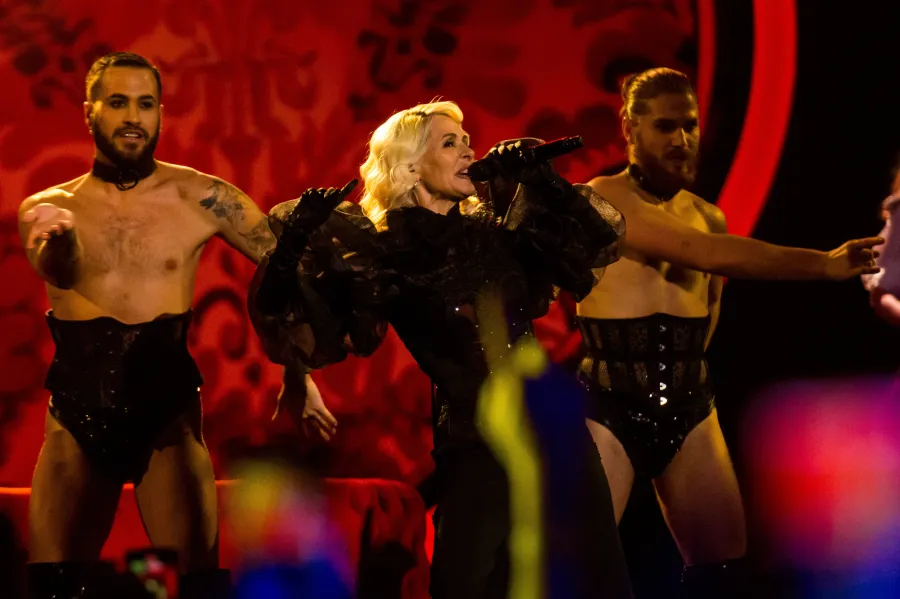
Spain chosen song, Zorra by Nebulossa, has been called “anti-feminist” by some campaigners.
The electro-pop anthem “Zorra” has sparked controversy due to its title, which translates to “vixen” but is often used in Spanish slang to mean “bitch” or “slut”.
The Feminist Movement of Madrid criticized the song, stating that it “insults women in a sexist way.”
However, Mr. Sánchez dismissed the criticism, arguing that the song challenges sexist stereotypes.
He stated on the Al Rojo Vivo program on La Sexta television, “It seems to me that feminism is not only fair, it can be fun, and this type of provocation must come from culture.”
Performed by Nebulossa, a duo consisting of María “Mery” Bas and Mark Dasous from the village of Ondara in Alicante, “Zorra” was released in 2018 after the couple had been married for 20 years and raised two children.
Nebulossa represented Spain in a televised competition last weekend, narrowly beating contestant Jorge González by just two votes in a public vote. (González ultimately finished fourth, with St Pedro and Angy Fernández placing second and third respectively.)
Their song has quickly gone viral, amassing over 2.5 million views on YouTube, and the couple expressed surprise at their sudden success.
“We didn’t set out to create an anthem,” they shared with Spain’s El Pais newspaper. “It’s amazing that people have embraced it in that way; it’s a rare occurrence for artists.”
Translated into English, the lyrics of Zorra’s song convey the message: “If I go out alone, I’m labeled a slut / If I enjoy myself, I’m deemed the sluttiest / When I achieve what I want – Bitch, bitch / It’s never seen as because I deserve it.”
The song serves as a critique of misogyny and the unequal standards imposed on women. When applied to men, being called a zorra simply means “rascal”.
However, the Feminist Movement of Madrid criticized the argument that “repeatedly using” the word could “empower” women as “absurd”.
Previously, the group garnered attention for breaking away from Spain’s primary feminist movement, the 8M Commission, due to its endorsement of transgender rights legislation. They later organized a separate march for International Women’s Day.
Spain’s Minister of Equality expressed disagreement with their statement, characterizing Zorra as a “lighthearted song that challenges stereotypes.” Going a step further, the Prime Minister insinuated that the critique stemmed from the right-wing “fachosphere.” Mr. Sánchez remarked, “They may have preferred it to be Cara al Sol,” alluding to the anthem of the Spanish falangist movement. “But I prefer this type of song.” The EBU, responsible for Eurovision, confirmed that the song does not violate its ban on lyrics that could tarnish the competition’s reputation.
“The title of the song… holds multiple interpretations,” the EBU stated, asserting that considering the lyrics and message, the song qualifies for the competition. Meanwhile, Nebulossa’s vocalist dismissed the criticism, stating, “We’re not kids anymore. I couldn’t care less.” The Eurovision Song Contest is scheduled for May in Malmö, Sweden. The UK’s representative will be former Years & Years singer Olly Alexander, who previewed his entry, Dizzy, on Wednesday.
Read More: Italian minister resigns amid stolen painting probe
Disclaimer:
This content is AI-generated using IFTTT AI Content Creator. While we strive for accuracy, it’s a tool for rapid updates. We’re committed to filtering information, not reproducing or endorsing misinformation. – Jomotoday for more information visit privacy policy

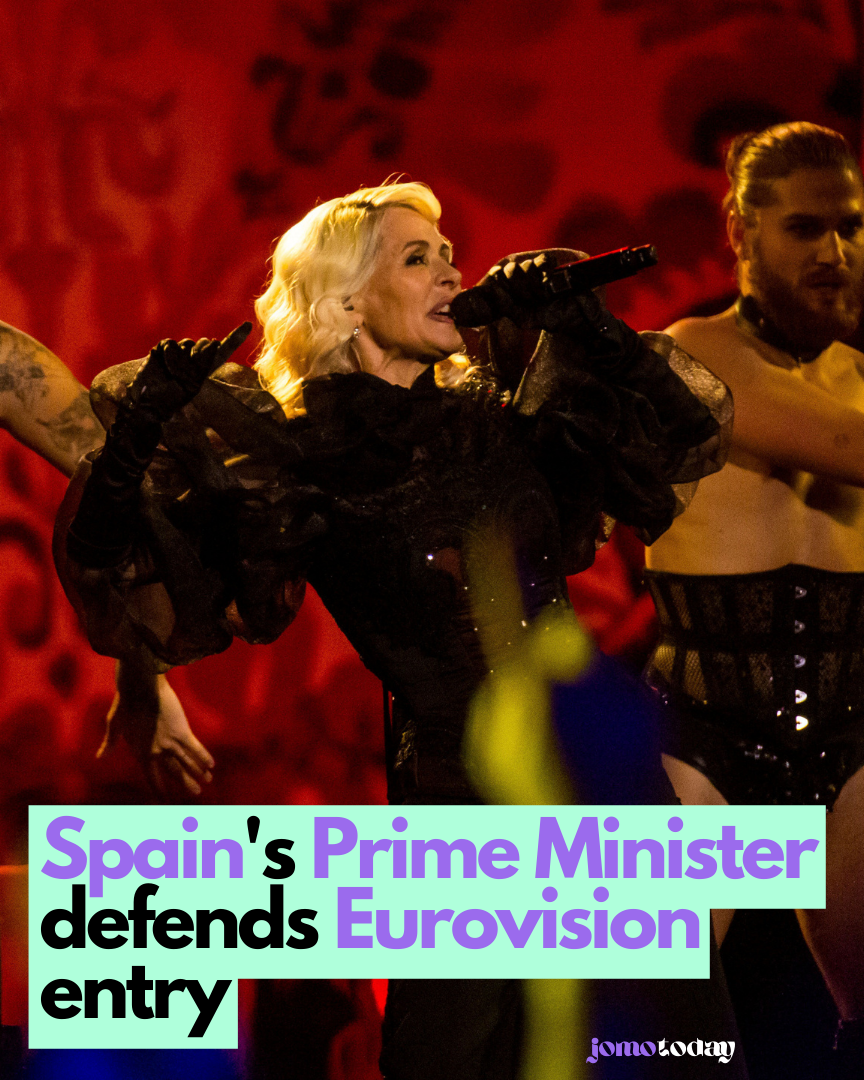
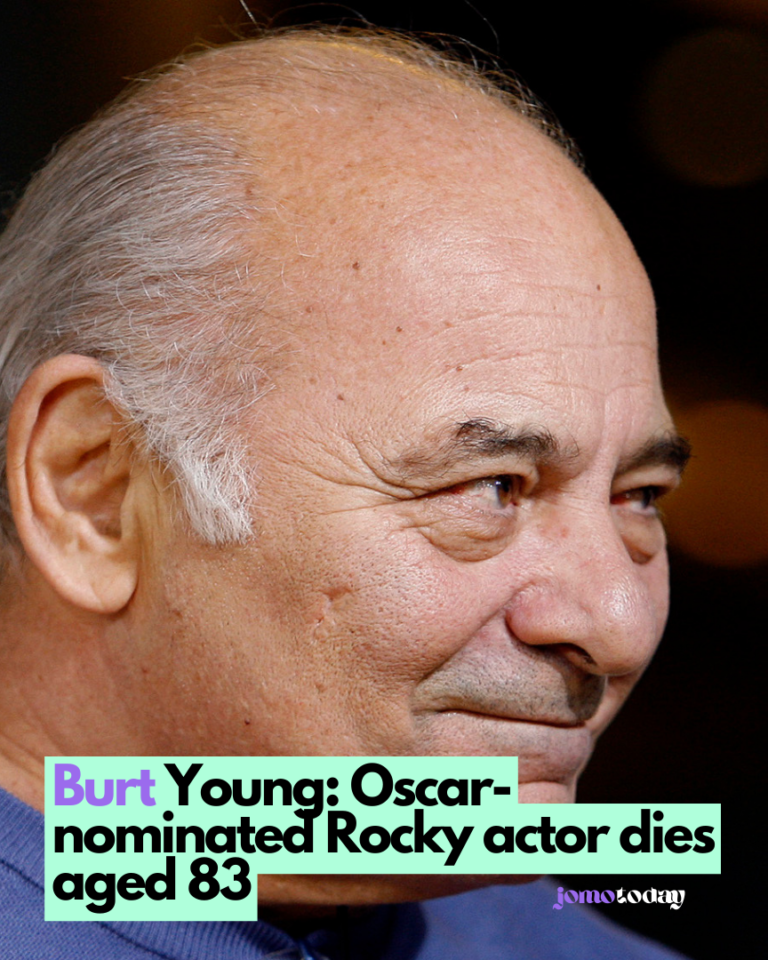
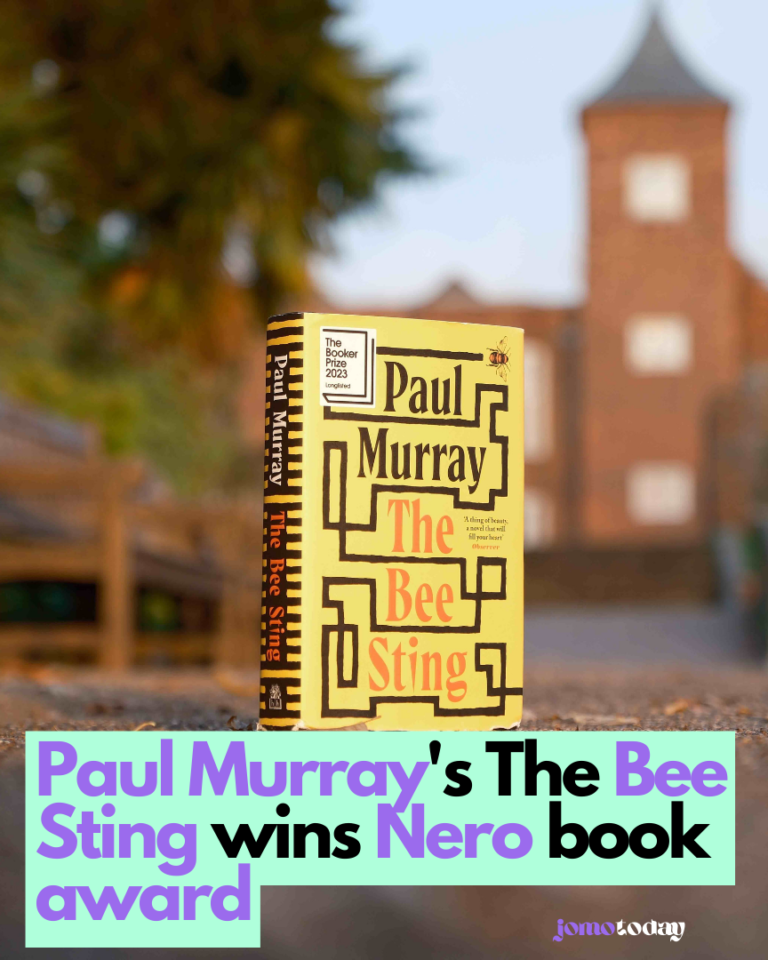
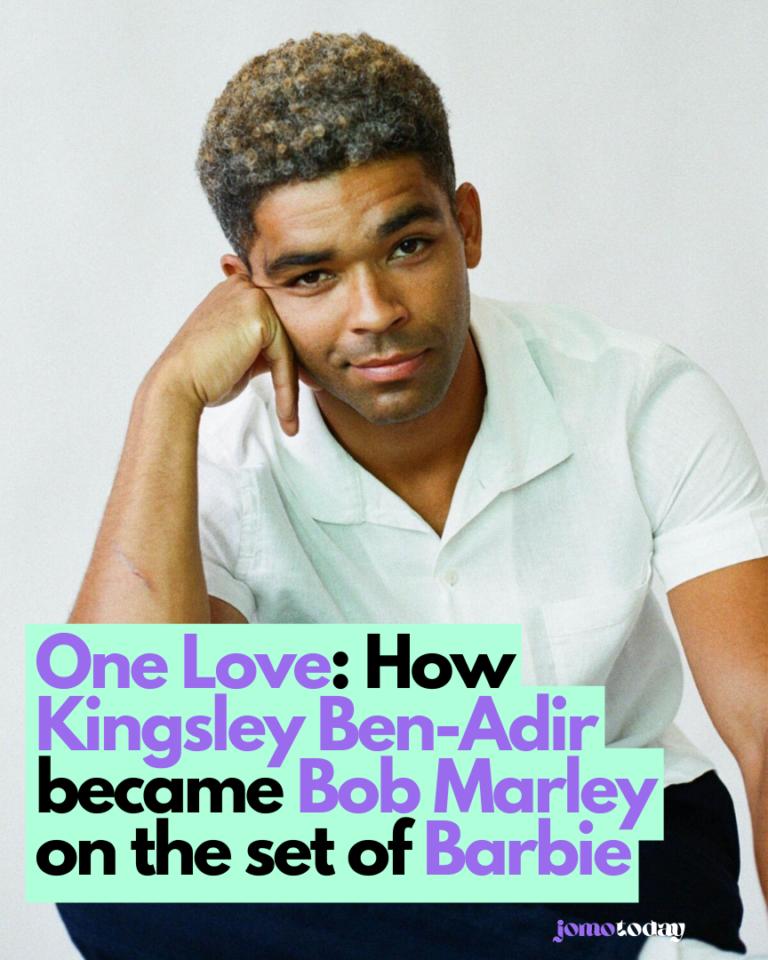

Leave a Comment